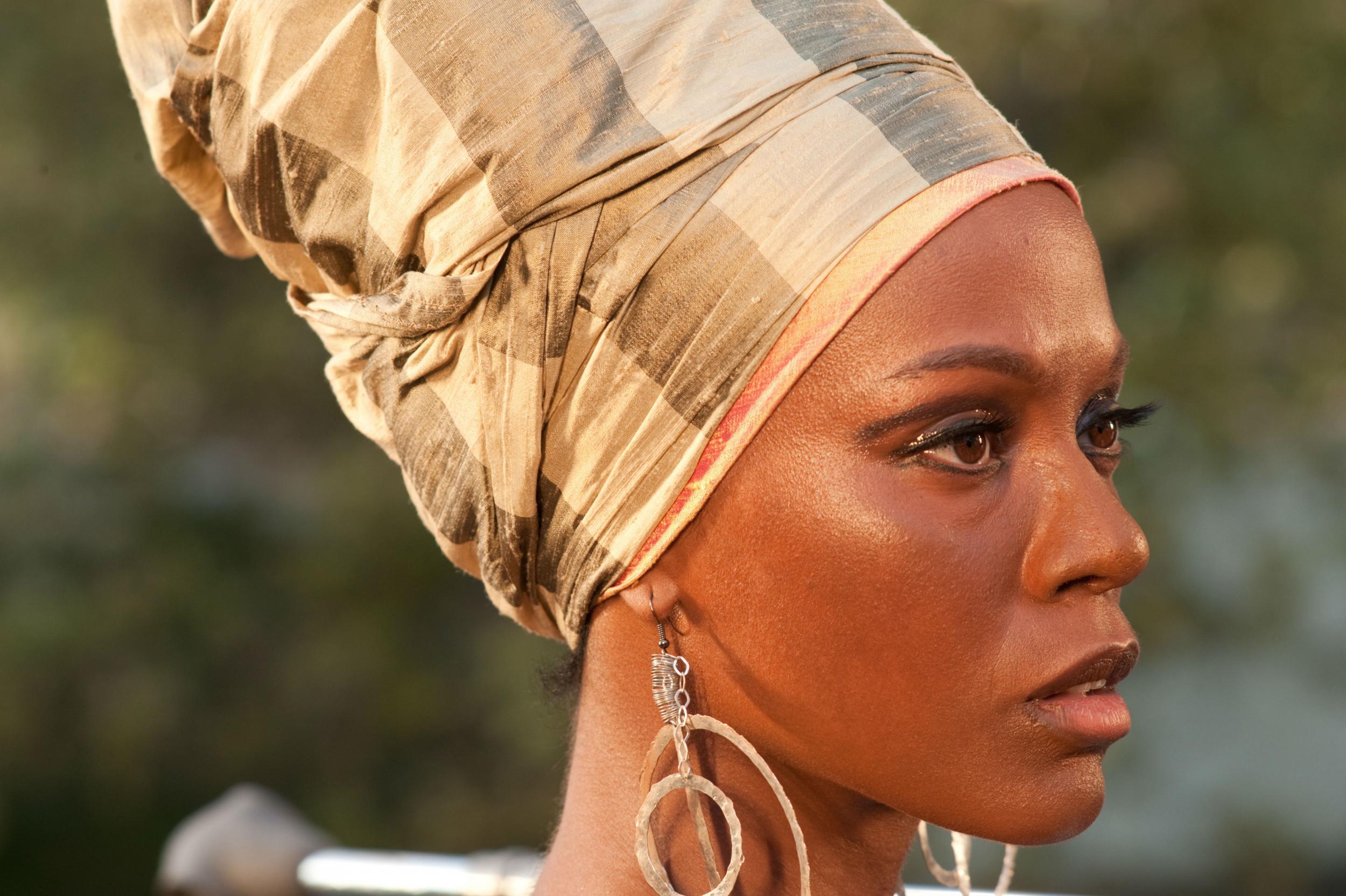The Independent's journalism is supported by our readers. When you purchase through links on our site, we may earn commission.
Zoe Saldana responds to Nina Simone critics: 'There's no one way to be black'
The actor faced a backlash by those who claimed her performance in Nina, as the iconic singer, constituted as 'blackface'

Your support helps us to tell the story
From reproductive rights to climate change to Big Tech, The Independent is on the ground when the story is developing. Whether it's investigating the financials of Elon Musk's pro-Trump PAC or producing our latest documentary, 'The A Word', which shines a light on the American women fighting for reproductive rights, we know how important it is to parse out the facts from the messaging.
At such a critical moment in US history, we need reporters on the ground. Your donation allows us to keep sending journalists to speak to both sides of the story.
The Independent is trusted by Americans across the entire political spectrum. And unlike many other quality news outlets, we choose not to lock Americans out of our reporting and analysis with paywalls. We believe quality journalism should be available to everyone, paid for by those who can afford it.
Your support makes all the difference.Zoe Saldana has responded to the backlash she faced for her performance in the Nina Simone biopic, Nina.
The actress - of Puerto Rican and Dominican descent - has been accused of performing in "blackface" for the role of the legendary singer; with the lighter-skinned actress donning darker makeup and a prosthetic nose to imitate Simone's appearance.
The singer's estate told the actress on Twitter, "please take Nina's name out of your mouth. For the rest of your life"; with Simone's daughter, Lisa Simone Kelly, stating the project. "has been tainted from the very beginning. This is not how you want your loved ones remembered."
A key factor in the controversy is not only the mere reality of Simone's darker colour skin tone, but how much personal and creative pride she took in it. Kuba Shand-Baptiste wrote for the Independent, "The dark shade of Simone’s skin and her distinctly African features defined her politics and her music – to portray her in this way is nothing short of criminal."
However, Saldana has now hit back against her critics; telling Allure, "There is no one way to be black. I’m black the way I know how to be. You have no idea who I am. I am black. I’m raising black men. Don’t you ever think you can look at me and address me with such disdain."
"I never saw her as unattractive," she continued. "Nina looks like half my family! But if you think the [prosthetic] nose I wore was unattractive then maybe you need to ask yourself, ‘What do you consider beautiful? Do you consider a thinner nose beautiful, so the wider you get, the more insulted you become?'"
"The script probably would still be lying around, going from office to office, agency to agency, and nobody would have done it," she explained of her decision to take on the role. "Female stories aren’t relevant enough, especially a black female story. I made a choice. Do I continue passing on the script and hope that the ‘right’ black person will do it, or do I say, ‘You know what? Whatever consequences this may bring about, my casting is nothing in comparison to the fact that this story must be told.'"
She still very much sees the film as an absolute achievement, despite the controversy and poor critical reception. "The fact that we’re talking about her, that Nina Simone is trending?" she said. "We f*cking won. For so many years, nobody knew who the fuck she was. She is essential to our American history. As a woman first, and only then as everything else... Let it be the first movie. If you think you can do it better, then by all means. Let ours be version number one of 10 stories in the next 10 years about the fucking iconic person that was Nina Simone."
The biopic’s distributor, Robert L. Johnson, founder of RLJ Entertainment, has already spoken out about the controversy; stating, "It’s unfortunate that African Americans are talking about this in a way that hearkens back to how we were treated when we were slaves. The slave masters separated light-skinned blacks from dark-skinned blacks, and some of that social DNA still exists today among many black people."
Join our commenting forum
Join thought-provoking conversations, follow other Independent readers and see their replies
Comments